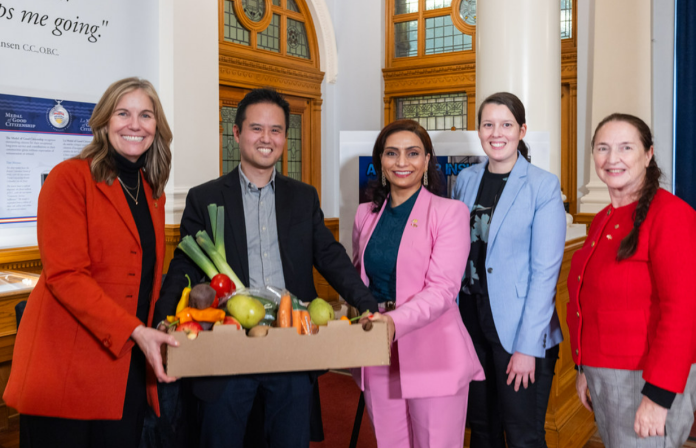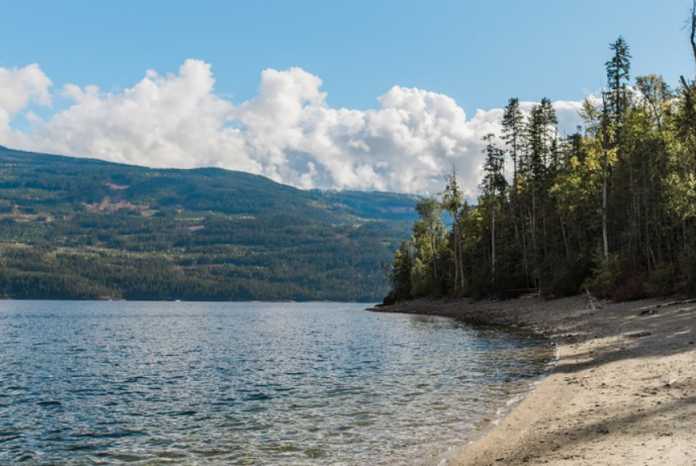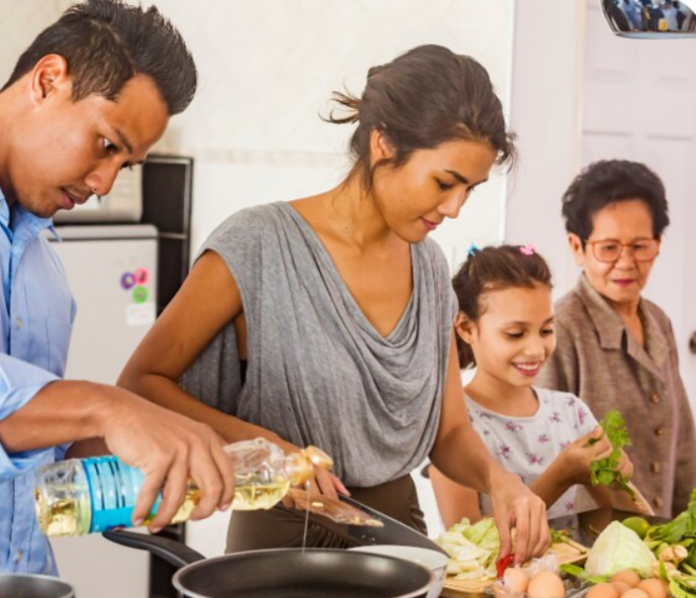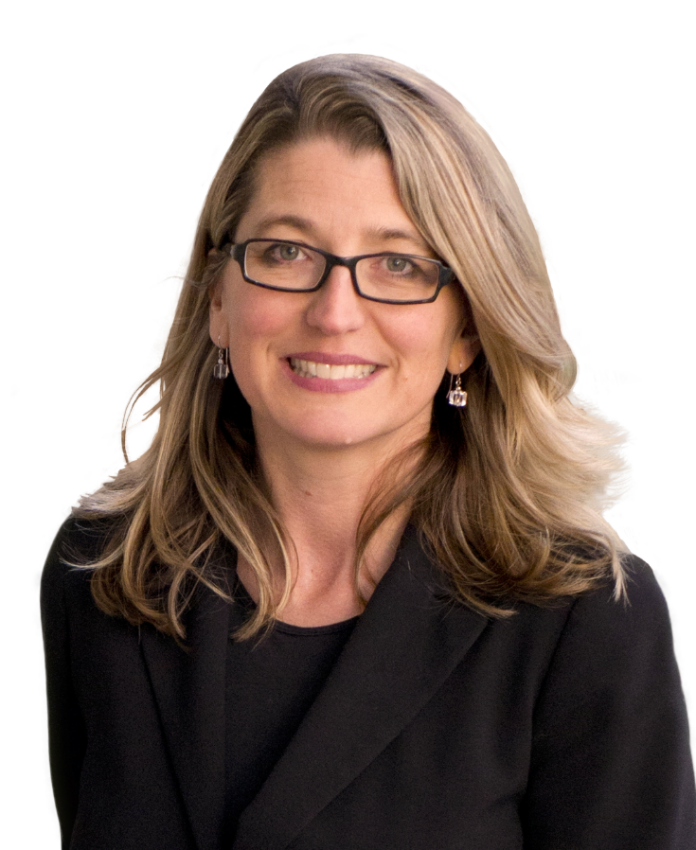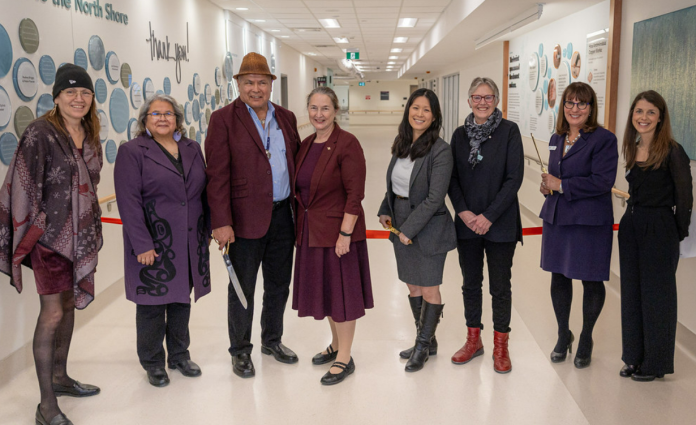British Columbia will soon have nearly 200 new jobs and hundreds more people trained in science and technology to enhance food security and strengthen the provincial economy.
“Our province is home to vibrant agriculture and technology sectors, and our government is standing strong to keep them safe during times of global uncertainty,” said Diana Gibson, B.C.’s Minister of Jobs, Economic Development and Innovation. “Through the B.C. Centre for Agritech Innovation (BCCAI), our government is bolstering our economy and leveraging our strengths to help local agritech and agrifood businesses bring more B.C. goods to market, advance food security and create good jobs for people by growing industry here at home.”
The 19 new projects and nine training programs represent a total investment of more than $15 million, including nearly $5 million in support from the BCCAI matched with more than $2 million cash and more than $8 million in-kind from industry. These projects will focus on helping companies scale up their technology and create more made-in-B.C. solutions with B.C. farmers and deliver more opportunities for training and upskilling, creating a stronger, more resilient agriculture industry.
“Across British Columbia, forward-thinking innovators are developing technology that is transforming agriculture in our province,” said Harjit S. Sajjan, federal Minister of Emergency Preparedness and Minister responsible for the Pacific Economic Development Agency of Canada (PacifiCan). “By partnering with the B.C. Centre for Agritech Innovation, the Government of Canada is supporting local food producers, strengthening our supply chains and growing a skilled workforce.”
The funding includes a $1.2-million project with Foxy Produce Ltd., which operates a produce store in North Vancouver and a farm in Aldergrove. Foxy Produce will test an advanced air-insulated greenhouse that is expected to cut energy costs in half.
“As a farmer and retailer, I witness first-hand the struggles British Columbians face with food security and affordability. It has become my passion to address this issue,” said Joseph Sung, CEO, Foxy Produce Ltd. “We are proud to collaborate with BCCAI on our active-air insulation greenhouse technology and rotary growing towers. This project will enable year-round growing by minimizing energy costs during the cold weather seasons, allowing for continuous and efficient crop production.”
The Foxy Produce project’s technology is expected to lead to the creation of approximately 60 jobs and to a 30% increase in revenue by creating fresh B.C.-grown food for less energy.
“Supporting our province’s food producers and agritech innovators is critical to building a sustainable, local food supply, as well as contributing to new jobs and economic growth in B.C.,” said Lana Popham, B.C.’s Minister of Agriculture and Food. “Through our partnership with the BC Centre for Agritech Innovation, we are helping small and medium-sized businesses develop new technologies and tools to support farmers and enhance food security for British Columbians.”
Other projects supported by the BCCAI include training opportunities with partnering organizations, such as the BC Blueberry Council (BCBC) and the University of the Fraser Valley (UFV), which will help food producers be more resilient to climate change and create a stronger food supply in B.C.
In addition to BCBC and UFV training, Indigenous people will receive upskilling and training opportunities in horticulture, Indigenous agriculture, drone-based mapping and business mentorship through Tea Creek, an Indigenous employment and training service based in Kitwanga.
These projects are examples of how B.C. is supporting the agritech sector so that companies can commercialize their technologies and create cleaner, more resilient and more productive agriculture, food and seafood industries.
The BCCAI is a key action of the StrongerBC Economic Plan that will help tackle climate change while contributing to a sustainable and more resilient agriculture industry for all British Columbians.
Quick Facts:
- Announced in July 2022, the BCCAI empowers small and medium businesses, producers and processors to de-risk and adopt technology solutions that build resilient supply chains and generate global solutions for food security and climate change.
- To start the BCCAI, the Province announced as much as $6.5 million over three years, while the federal government contributed as much as $10 million through Pacific Economic Development Canada (Pacifican) over five years.
- Since opening in September 2022, BCCAI has created 76 jobs and launched 32 projects with 28 agriculture businesses and 52 delivery partners.
- BCCAI has brought 19 products, services and processes to market, and trained 1,119 personnel.
- It is anticipated that the projects launched this year will upskill more than 800 people providing advanced training in areas such as horticulture, regenerative agriculture, data management and agri-business management.
- These projects are expected to lead to 194 new jobs and increased business sales growth resulting from commercialization.

